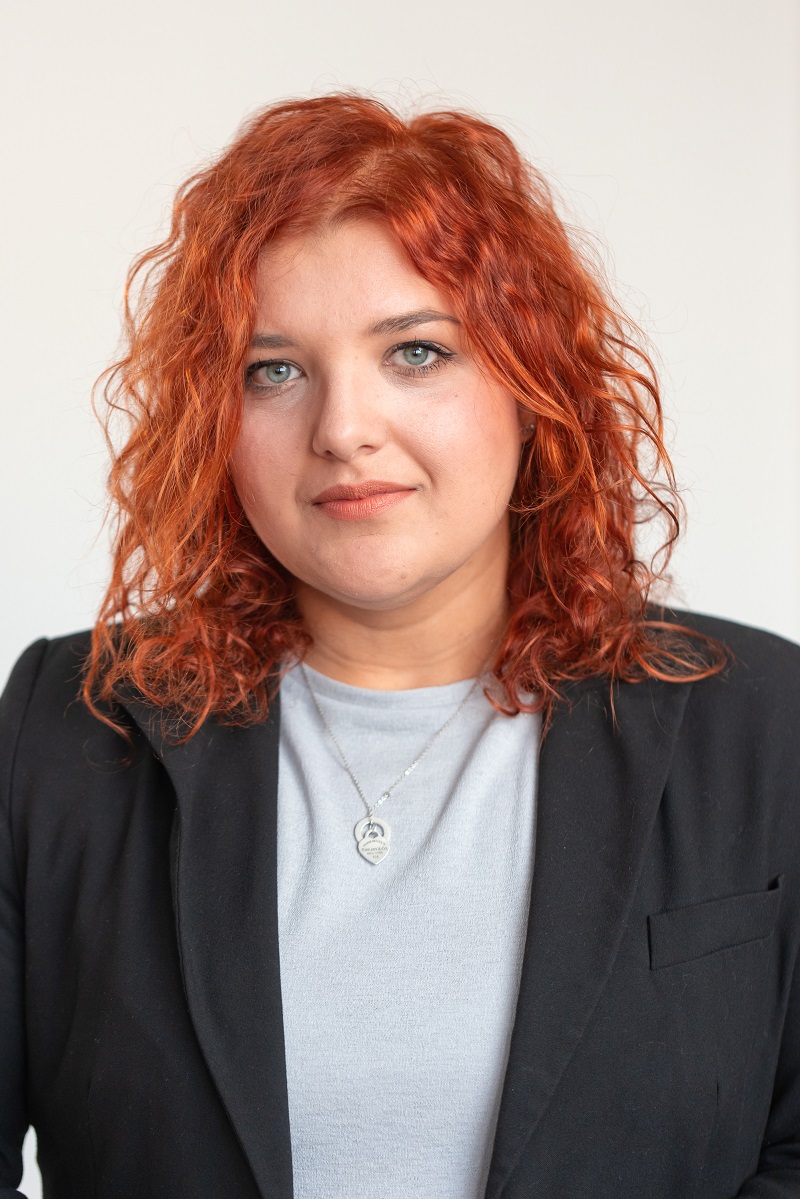Teodora Ćurčić is an investigative journalist in the Center for Investigative Journalism of Serbia. Throughout the years, she specialized in working with large datasets and data visualization. She is currently in charge of the CINS multimedia strategic framework, oriented towards innovation. Additionally, she is delivering workshops for journalists in the field of advanced Internet search, and databases, working with large datasets and data visualizations. Teodora won the annual Marina Kovačev Award for the best young investigative journalist in 2022.
1.What are the key principles and ethics that guide you as an investigative journalist in your work?
The three most important questions I ask myself when working on a story are:
1. Is this relevant to the citizens of Serbia?
2. Can I prove it?
3. Is my reporting going to jeopardize someone?
I need a positive answer for the first two. The third one has to be negative. That doesn’t mean we won’t do the story, but we have to find another way to report. Of course, there are other. These are just the starting point.
2.How do you, as an investigative journalist, gather and verify information to ensure accuracy and credibility?
There are several ways, and we combine all of them. We gather documents, talk with experts, sources from institutions (on the record and off the record), and interview citizens who are damaged. We always have to confirm our information, and it is important not to rely just on one source.
3.Why did you choose to work at CINS? CINS is one of the media outlets that has been heavily criticized and attacked by the ruling structures in Serbia.
That is true, but CINS is also a media outlet committed to investigative journalism according to the highest professional standards. As a young journalist, I got the chance to work with some of the best journalists in the country. I think it is priceless. It is not easy all the time, but I am always proud of the things we do.
4.What challenges do you often face when uncovering sensitive or controversial stories?
It depends on the topic. First of all, obtaining documents is becoming more difficult. Institutions are often not responding to FOIA requests, and our sources working there are scared to talk. Also, talking with experts is not easy. We are working on specific topics where there aren’t many experts, and some of them don’t want to criticize publicly. Even after overcoming these obstacles, we are facing smear campaigns in tabloids or even by public officials.
5.What role does whistleblowing play in investigative journalism, and how does it impact the process of exposing corruption or wrongdoing?
Whistleblowers, as well as private sources, are really important to investigative journalists, but to society as well. In some areas, they are the only ones able to prove wrongdoings, breaking the law, or misuse of public money.
6.How do you, as an investigative journalist, protect yourself and your sources from potential retaliation or legal consequences?
We are taking the matter of security very seriously. We use encrypted messaging, never talk about our investigations in progress with other people, and consults experts (lawyers, and experts in digital and physical security) when needed.
7.In the age of digital media and online platforms, how has investigative journalism adapted to address new challenges and opportunities?
I am proud of the way our newsroom is adapting to new technologies. We are working on storytelling through narrative stories, original photos from the field, different video formats, interactive graphs, and maps, and communicating all of these on social media. Our core – important investigative stories – stays the same, but our ways to tell them to our audience adapt.
All information and reference, which are contained in this webpage, were compiled after best knowledge and examined with greatest possible care. This disclaimer informs readers / users of the web and information that the views, thoughts, and opinions expressed in an interview by the interview partner or in a statement by the author belong solely to the interview partner / author and do not necessarily reflect the official policy or position of the South East Europe Media Organisation (SEEMO) Assumptions made within an interview-analysis are not reflective of the position of SEEMO. The visitors / users of the SEEMO webpage should take all steps necessary to ascertain that information you receive from SEEMO is correct. We ask every user to check references, double-check information from additional independent sources. SEEMO assumes no responsibility or liability for any errors or omissions, or for the results obtained from the use of information published on the SEEMO website / SEEMO partners website.

